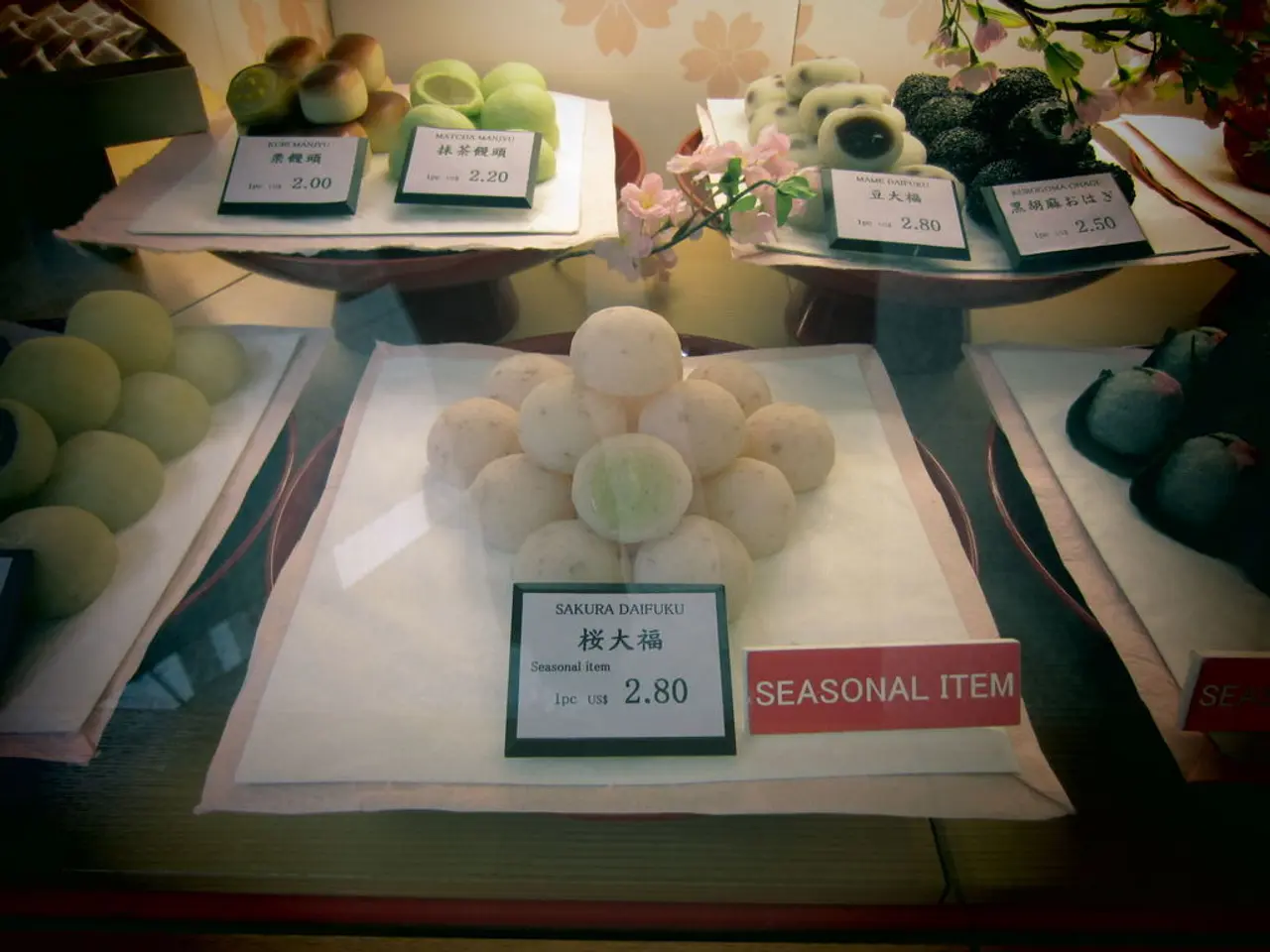Trump proposes a 100% tariff on chips and offers a possible solution
In the realm of electronics, the ongoing tariff threats by Donald Trump could have significant implications for companies like Apple and its key suppliers, such as TSMC (Taiwan Semiconductor Manufacturing Company) and Corning.
Potential Consequences:
- Rising Costs and Potential Price Increases: Should tariffs on semiconductor chips and related components significantly increase (for example, a 15–20% reciprocal tariff increase), Apple and its suppliers would face higher import costs. This could lead to increased production expenses for Apple products, potentially reducing profit margins or leading to higher consumer prices.
- Supply Chain Disruptions: Given Apple's heavy reliance on suppliers like TSMC for chip manufacturing and Corning for specialty glass, higher tariffs may affect the entire supply chain. These disruptions could delay production schedules, impact inventory management, and necessitate companies to consider relocating or diversifying their manufacturing bases to avoid tariffs.
- Altered Sourcing Strategies: The tariff threats might encourage Apple and its suppliers to accelerate moves to source chips and components domestically or from countries not subject to tariffs. However, such shifts would be costly and time-consuming, potentially affecting innovation and time-to-market.
- Market Volatility and Investment Risks: Increases in tariffs create uncertainty, which may affect investment decisions in the semiconductor and electronics sectors. Suppliers might delay capacity expansions or R&D investments, anticipating further policy volatility.
The broader context reveals that recent tariff policies under Trump’s administration include a series of adjustments and investigations related to Section 232 tariffs on various goods, emphasising national security and critical minerals. The specific impact on semiconductor chips remains part of ongoing policy deliberations.
Notable Developments:
- Trump called the exemption "good news for companies like Apple."
- The special glass for the first iPhone in 2007 came from Corning's factory in Kentucky.
- Apple plans to invest an additional $100 billion in the USA, following its initial $500 billion investment announcement in February. This money will be used to expand component production over the next four years.
- Apple CEO Tim Cook presented a round pane of Corning glass with an Apple logo and an inscription to President Trump, along with a 24-karat gold stand from Utah.
- Trump sees tariffs as a better way to bring more chip production back to the West, describing subsidies as a waste of money.
- Apple plans to hire 20,000 new employees in the USA, primarily for research and development.
- TSMC has announced investments of $165 billion in US factories for some semiconductors.
- Currently, Apple devices like iPads and Mac computers sold in the USA come from Vietnam. However, due to supply chain disruptions caused by the COVID-19 pandemic, Apple has expanded production to India and Vietnam.
In summary, Trump's tariff threats on chip imports pose a risk of increased manufacturing costs and supply chain complications for Apple and its suppliers like TSMC and Corning, with downstream effects on pricing, innovation, and global sourcing strategies in the electronics industry.
- In the world of finance, the potential rise in costs for Apple and its suppliers due to increased tariffs on semiconductor chips could lead to investments in domestic manufacturing or sourcing from countries not subject to tariffs, influencing the landscape of business investing in the electronics sector.
- Given the ongoing policy-and-legislation discussions surrounding tariffs under Trump's administration, the adoption of policies could impact general-news headlines and affect the real-estate market, as Apple announced an additional $100 billion investment in the USA to expand component production over the next four years.
- The influence of politics on finance can be observed, as Trump's support for tariffs as a means to bring more chip production back to the West may affect the stock prices of companies like Apple and its suppliers, such as TSMC, and their financial performance.
- In the realm of real-estate and business, the potential relocation or diversification of manufacturing bases due to tariffs could have consequences for the politics of local communities and the tax revenues generated by these companies, as Apple recently announced plans to hire 20,000 new employees in the USA, primarily for research and development.




